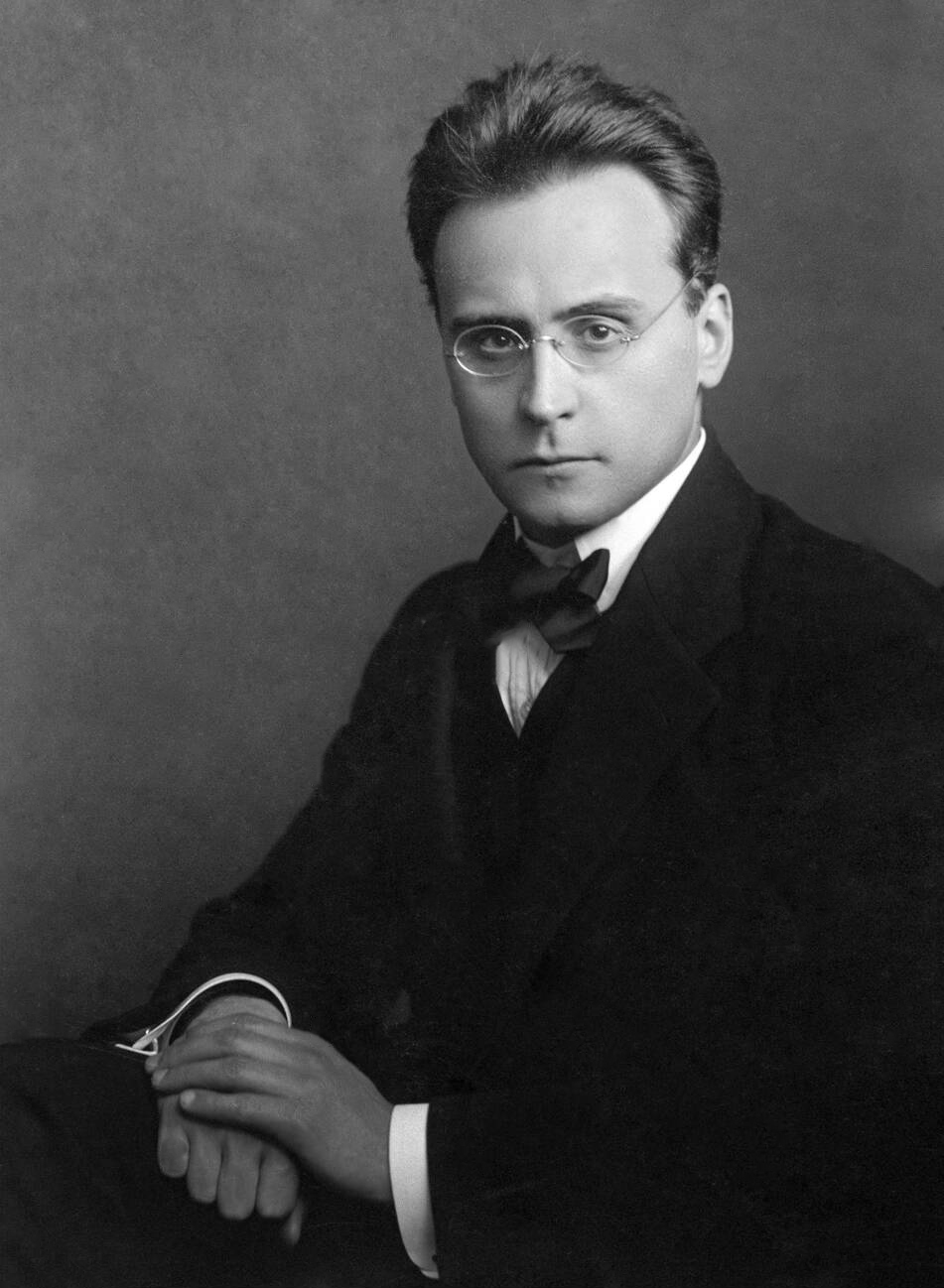
Anton Webern
Anton Webern[a] (German: [ˈantoːn ˈveːbɐn] ⓘ; 3 December 1883 – 15 September 1945) was an Austrian composer and conductor. His music was among the most radical of its milieu in its concision and use of then novel atonal and twelve-tone techniques in an increasingly rigorous manner, somewhat after the Franco-Flemish School of his studies under Guido Adler.
Anton Webern
With his mentor Arnold Schoenberg and his colleague Alban Berg, Webern was at the core of those within the broader circle of the Second Viennese School. Their atonal music brought them fame and stirred debate. Webern was arguably the first and certainly the last of the three to write music in an aphoristic, expressionist style, reflecting his instincts and the idiosyncrasy of his compositional process. During and after World War I, he wrote mostly Lieder of often densely chromatic textures in a lyric idiom.
Peripatetic and unhappy in his early conducting career, Webern came to some prominence and increasingly high regard as a vocal coach, choirmaster, conductor, and teacher[b] in Red Vienna. With a publication agreement through Emil Hertzka's Universal Edition and Schoenberg away at the Prussian Academy of Arts, Webern wrote music of increasing confidence, independence, and scale using twelve-tone technique. He maintained his "path to the new music" while marginalized as a "cultural Bolshevist" effectively until his death.
A variety of post-World War II musicians celebrated his music. Among these were many composers influenced by his later music in a phenomenon known as post-Webernism. They linked but did not restrict Webern's legacy to serialism.
Understanding of his œuvre and its performance, semantics or semiotics, and sociocultural contexts was widely fledgling after years of severe disruption (in which his work was dismissed or opposed). This was gradually improved by musicians and scholars who helped publish and record his works as well as establish his music as modernist repertoire. A Gesamtausgabe is pending.